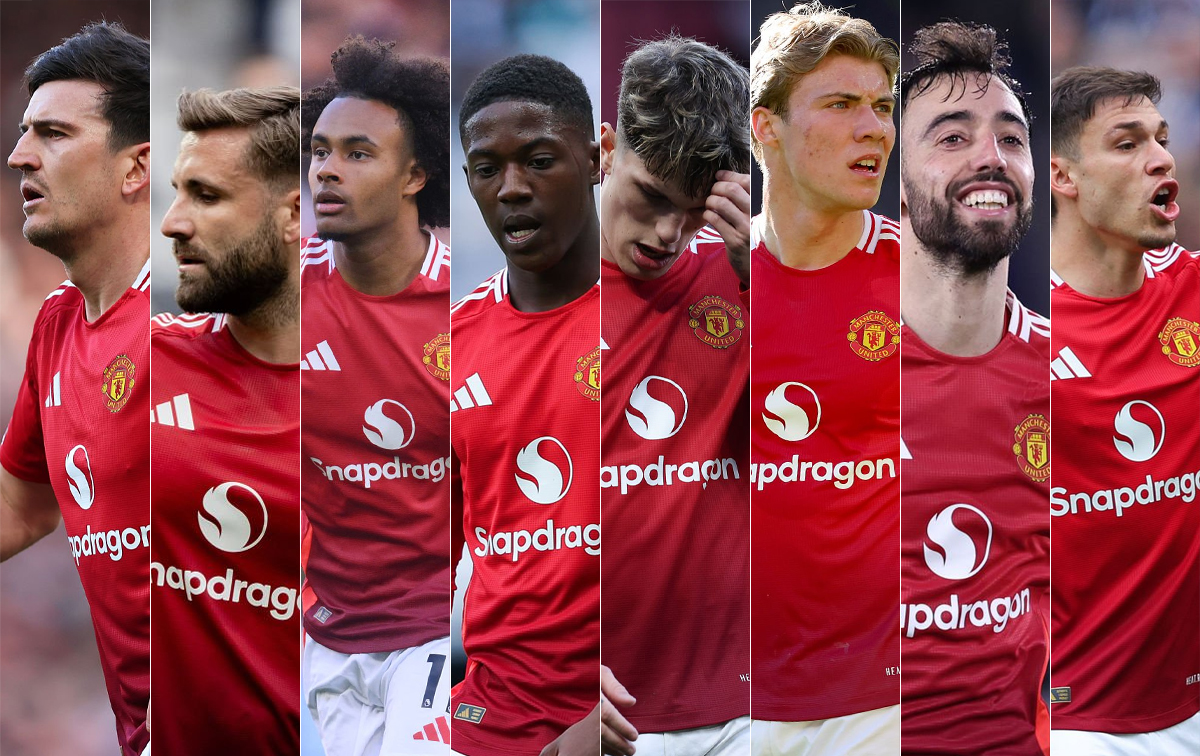How to win the Champions League – by the men who’ve done it
Twenty-five fascinating (and often hilarious) tales from the triumphant chaps who've lifted Ol' Big Ears down the years

We all have a good idea of how to win the Champions League – but it turns out you need a lot more than simply just buying Cristiano Ronaldo.
The greatest club competition in the history of Planet Earth has a very exclusive winners' circle, after all. This is a tournament still, to this day, is best-navigated by those who are used to its bright lights and unpredictable chaos. Success breeds success when it comes that shiny, silver pot.
So what makes a champion? We asked 25 of them – and they gave us their greatest tip for winning the Champions League…
25. Play golf
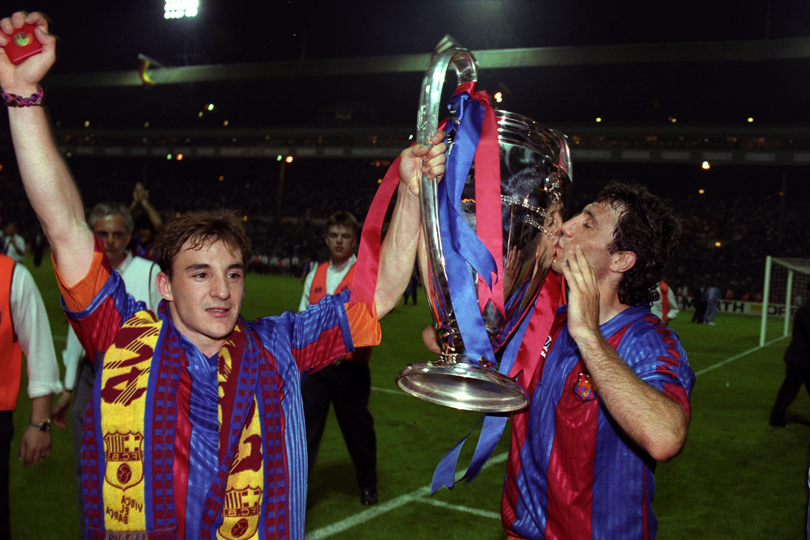
Hristo Stoichkov, Barcelona 1992
“We were in trouble against Kaiserslautern before Jose Mari Bakero’s last-minute goal. We won the first game 2-0, but we could’ve scored 14. We travelled there knowing we were a thousand times better than them, but we conceded early, then again and again after half-time. These things happen sometimes in football, but we were always confident we’d get the goal, even if the smallest player on the pitch scored a header!
“Then we gave Benfica a lesson and knew we were going to win. For the final against Sampdoria, it was no different. At 9am that morning, we were all playing golf with [coach Johan] Cruyff. We were very relaxed. We went to Wembley knowing we were better than them and would win. What did Sampdoria have? A good team, but... really. Mancini against Laudrup? I’ll stick with Laudrup. Vialli or Stoichkov? Well... Stoichkov! I’m much quicker, for f**k’s sake!
24. If you’re a sub, watch like a hawk
Lars Ricken, Borussia Dortmund 1997
Get FourFourTwo Newsletter
The best features, fun and footballing quizzes, straight to your inbox every week.
“In the 1997 final against Juventus I’d had 70 minutes watching from the bench and we’d noticed that [keeper Angelo] Peruzzi stood quite far out in front of his goal. We talked about what to do and I said: ‘When I get on, I’ll immediately hit a chip shot at goal.’ It was the fastest goal of my career, coming after 10 or 11 seconds, and only my second as a sub. I was just happy when the assistant Michael Henke called me.
“We’d been up 2-0 and Juve had pulled one back. I heard later that when the ball came from Andreas Moller, the famous TV commentator Marcel Reif screamed: ‘Now chip!’ I hadn’t even hit many balls in the warm-up, so luck played a role. The goal was a kind of burden, I was only 20 and though I was a decent player I didn’t belong in the superstar category. But it also meant I’d never have to chase the European title.”
23. Know your team-mates
Basile Boli, Marseille 1993
“I won’t ever forget a look Abedi Pele gave me just before the goal that beat Milan in 1993. We’d talked in training and the last thing he told me before we walked onto the field in Munich was: ‘At corner kicks, don’t just stay at the back post, try a run, cut to the near post.’ And [in the 43rd minute] when he went to take his corner, he gave me that look again, as if I was the only person in the stadium – that’s the way I felt it, anyway. So, I positioned myself at the near post… and scored.”
22. Crack open a cold one
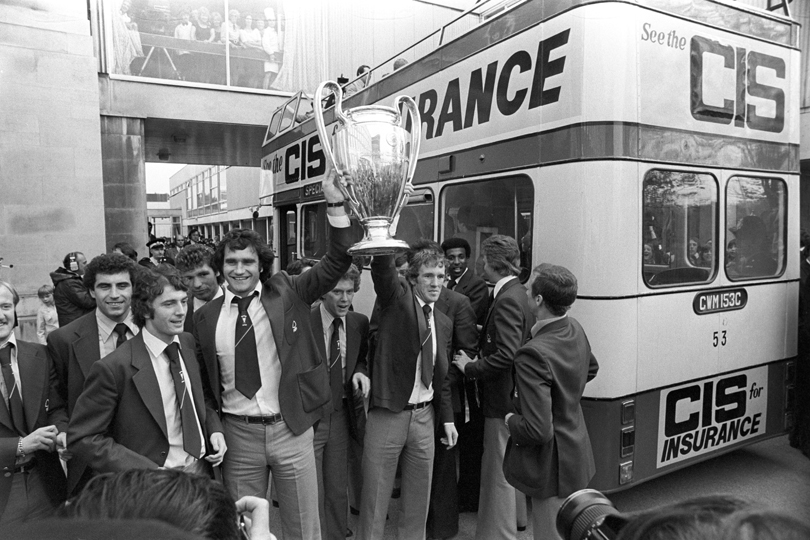
Peter Shilton, Nottingham Forest 1979
“When we drew defending champions Liverpool in the 1978/79 first round, we won the first leg at the City Ground 2-0. The bus (for the away leg) left on the morning of the game. It was the biggest match of some of our lives. We were on the coach just outside Liverpool and Cloughie was wearing his rugby top. He gets up and says: ‘Anyone want a beer?’ It was noon! A couple of the lads had one. When we got to lunch, he said: ‘Anyone want a glass of wine?’ [First-team coach] Jimmy Gordon had to go around waking a couple of them up that afternoon! Instead of the lads sitting in their room fidgeting, they slept. We got the goalless draw we needed and went on to win it.”
21. Never give up
Karl-Heinz Rummenigge, Bayern Munich chairman 2013
“In 2012, [losing the final on penalties against Chelsea having led with two minutes to go], I looked into the faces of thousands of disappointed fans and thought: ‘Mama mia, what is happening?’ The shock was so big, how could we recover from that? Many were waiting for us to break down, to stop, but that wouldn’t have been very Bayern Munich-like. Over the summer holidays Jupp Heynckes and me discussed what we needed to change in daily 10am phone calls. We achieved the sports comeback of the year.”
20. Fall into a pond
Paddy Crerand, Manchester United 1968
“The mood was very confident, we knew Benfica’s players and how they would play. We were well prepared and well rested in our Egham hotel, which was more like an old Tudor mansion, with drapes on the walls and four poster beds. The only bother was with Brian Kidd, who was playing with a frog one day near one of those mossy pools you get in old places. Of course he fell in, and came back to the room covered in green slime. He still scored in the final, though.”
19. Forget the chalkboard
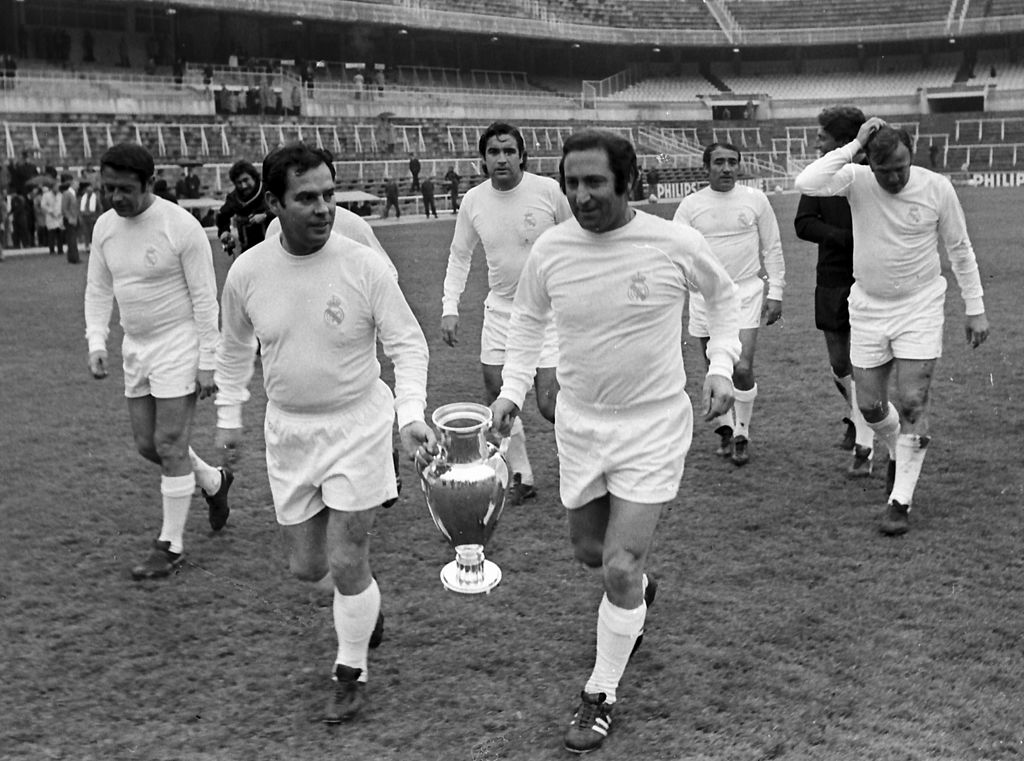
Paco Gento, Real Madrid 1955-60
“We never had a blackboard, and hardly ever talked about our opponents, and this attitude helped us to turn games our way. We had players who did not need to be taught. In 1962, we sent three spies to look at Benfica and lost 5-3. In the days of Di Stefano, we just came to the stadium, put on our shirts and played.”
18. Get an expert coach in man-management
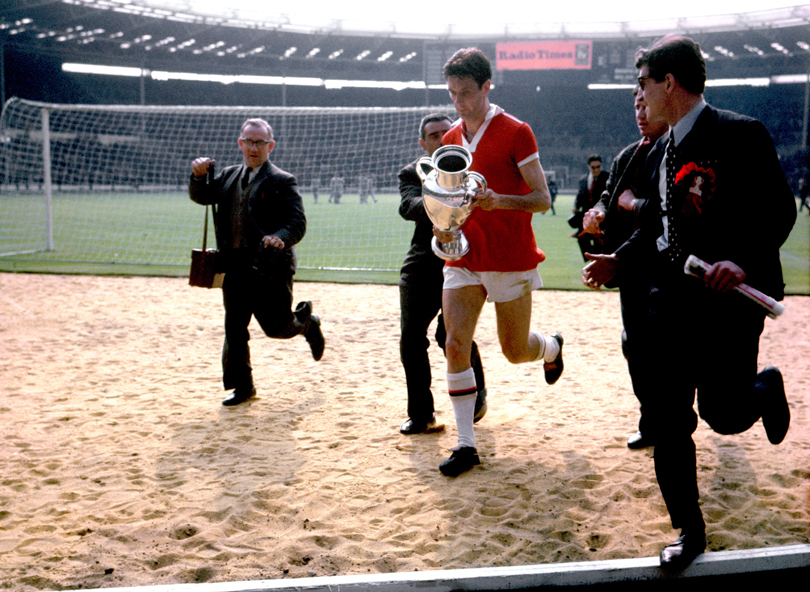
Cesare Maldini, Milan 1963
“We were pulling into the Wembley car park when [manager Nereo] Rocco noticed the fear in our faces. He stood up and shouted: ‘Anyone who is scared shouldn’t bother getting off the bus.’ Then he sat down and pretended to be frightened. We all burst into laughter and the tension evaporated. No one could create the right mood as well as him.”
17. Know your limits
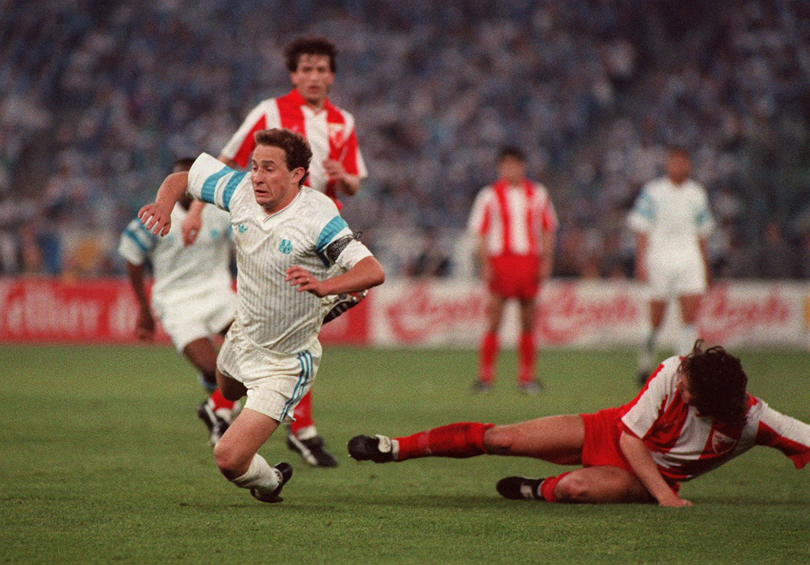
Sinisa Mihajlovic, Red Star Belgrade 1991
“I think our 1991 final match against Marseille was the most boring final match in European Cup history. A few hours before the match, [manager] Ljupko Petrovic told us: ‘If we attack them we’ll leave ourselves open for counter-attacks.’ I asked: ‘So, what do we do, then?’ His answer was: ‘When you get the ball, give it back to them’. So we spent 120 minutes on the pitch without practically touching the ball. The match went to penalties, and Manuel Amoros failed to convert his whereas we scored all five.
“Had we approached the match with an attacking mentality, we probably would’ve lost – not because they were necessarily better than us, but because their players were used to playing big matches like this one. We had a squad full of 21-, 22-, and 23-year-old kids.”
16. Get a keeper who loves a penalty
Helmut Ducadam, Steuau Bucharest 1986
“If I hadn’t become a footballer, I definitely would’ve become a psychiatrist. If you know a player’s strategy, you base your own on how he has performed before. You’re at a disadvantage, because he can change his side to shoot. If you save the first penalty in a shootout, the next one becomes easier to save. The second shooter from Barcelona thought I would go left, because I went right for the first one.
“The logic of the players was that he should go to the same side because he thought I would go the other way. The third was the easiest. I thought he’d go left because I’d gone to the right for the first two. I played a trick on the fourth taker, who didn’t have a clue what to do. I shaped to go to the left and then the right, then I went left.”
15. Go on holiday
Tony Woodcock, Nottingham Forest 1979
“The final (in 1979 vs Malmo) was on the Wednesday, so we arrived in Munich on Monday. Brian Clough was still on holiday in Mallorca at the time so he didn’t arrive until matchday. He was never one for being conventional but you kind of thought for a European Cup final he would be on the same flight as his players. As it was, Peter Taylor travelled out with us and we went out for a few beers and dinner on our first night in Germany before some light training the day before the match. Cloughie then arrived at the hotel to read out the team on the morning of the game and delivered the news to Archie Gemmill and Martin O’Neill that they were going to miss out.
“He did get on the coach with us to the Olympiastadion and was trying to relieve the tension when a Malmo fan started running alongside the coach and hurling abuse at the players. We were all staring at him out of the window and he ended up running into a lamppost and almost knocking himself out. It was hilarious and all of a sudden that tension had disappeared. We obviously ended up winning 1-0, it wasn’t much of a game but it was enough to win the European Cup and earn us a civic reception and an open-top parade through the streets of Nottingham. Brian didn’t go to that either.”
14. Pin criticism on the dressing room wall
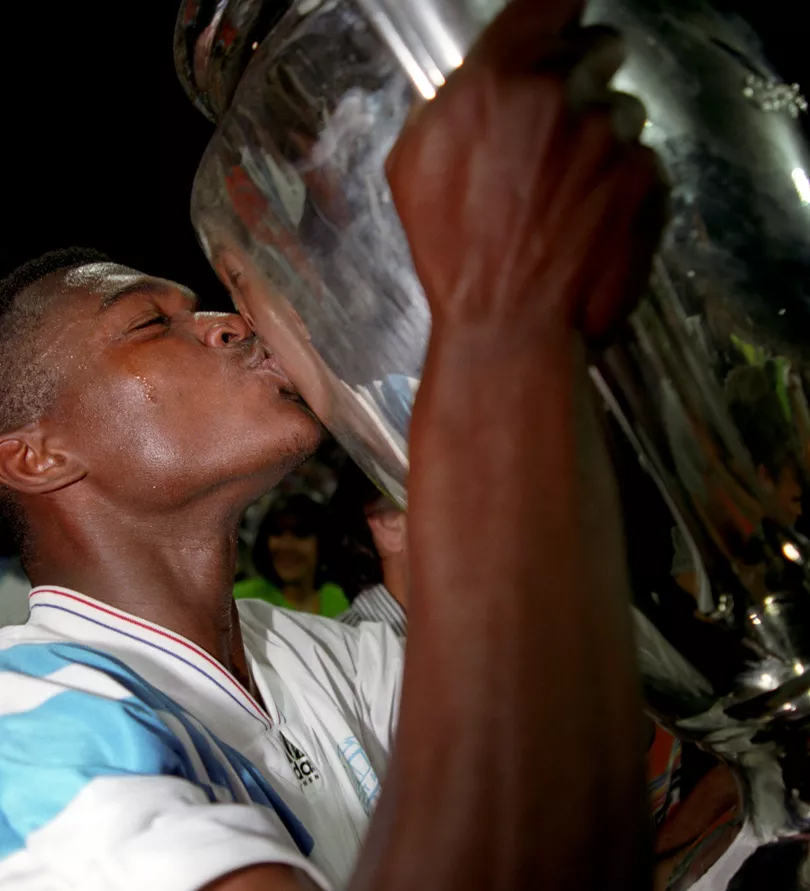
Marcel Desailly, Milan 1994
“Milan were underdogs but we had a solid gameplan. We were aware of our ability to contain a team like Barcelona. We really had it in for Cruyff and for the media because they ridiculed us in the build-up to the final, saying we had no chance and explaining that Barcelona would mystify us. We had a real team spirit. Fabio Capello was raging mad at everything that had been said and he got that across to us.”
13. Embrace the nerves
Clarence Seedorf; Ajax 1995, Real Madrid 1998, Milan 2003, 2007
“You all say it’s just another game, but the night before, when you’re having dinner, you can see the difference in your team-mates’ eyes; the focus in them that says this isn’t the case. For me, the nerves don’t really start until you get on the coach for the stadium. But just because you’ve been in a few finals, doesn’t mean you become less nervous. If you’re lucky, you just learn to handle the nerves better.”
12. Enjoy it
Sandro Mazzola, Inter Milan 1964
“My most memorable game was the 1964 final, when Inter beat Real Madrid 3-1 in Athens. As a kid I was used to watching the final on the TV in the local bar – we couldn’t afford a set at home – and we’d all admire the great Madrid. There I was standing in the tunnel beside the great Alfredo Di Stefano. I couldn’t stop staring at him. Luis Suarez had to shout at me to get me out onto the pitch. I never usually celebrated goals much, but that night I was doing cartwheels. I still get tingles when I see the footage.”
11. Win over the locals
Bernie Boyle, Celtic fan 1967
“The majority of Celtic fans were Catholics, so the chapels were packed with fans because the day of the 1967 final against Inter Milan was a Holy Day of Obligation. I think it helped win over the Lisbon people. The locals were expecting these cold-hearted Scots and there we were, not only singing and dancing in the main square and showing off our colours, but attending Mass too.”
10. Learn Chris Rea songs
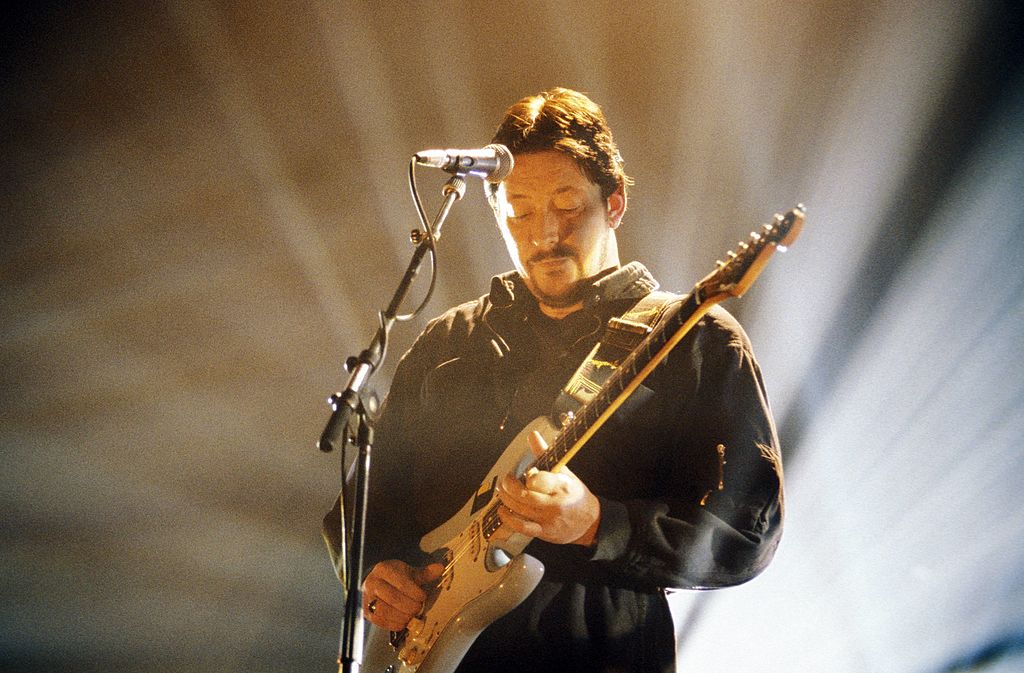
Mark Lawrenson, Liverpool 1984
“We arrived about an hour-and-a-half before kick-off for the 1984 final and the backroom staff told us to clear off and go and look at the pitch. We’d signed quite a few players from Middlesbrough – Graeme Souness, Craig Johnstone and Davie Hodgson, who was a good friend of [north-east musician] Chris Rea and knew all his songs. Hodgie was at the back of the group and he started singing I Don’t Know What It Is But I Love It and the rest of us joined in.
“At the Stadio Olimpico, the dressing rooms were up a couple of floors up really narrow staircases. Unbeknown to us we were walking past Roma’s changing room and were really loud. In the press conference afterwards, their coach Nils Liedholm, a wily and experienced guy, said: ‘I knew my team were going to lose because as I was talking about Liverpool’s weaknesses and how we were going to beat them, I heard this singing. It was like a radio or something, and it got louder and louder. Just as I realised it was the Liverpool players singing, my players did as well and they all went white.’ He couldn’t believe how relaxed we were.”
9. Feed your match-winner
John McGovern, Nottingham Forest 1979, 1980
“It may sound obvious, but in a Cup competition, and in Europe – much more so than over a league campaign – you need to have a special player who can do something magical on the big occasion. If you lost a match in the European Cup back then, you were out, so you needed somebody to step up and perform.
“For us it was John Robertson. Percentage-wise he must have won more important games for that Forest side than any other player. He had two incredible feet, and he would pop up with a contribution when it was needed. The finals were a good example. He put in that great cross for Trevor Francis in the 1979 final, and then in the 1980 final against Hamburg he cut in from the left, beat two players with a one-two and scored the winner.
“We also had our fair share of luck – which you definitely need to win any knockout competition. In cups you can be lucky and get through to the next round. You can’t win a league by being lucky. We were well-organised and could deny the opposition chances. But without John we wouldn’t have done it, and most of the great sides still have a talisman, like Barcelona do with Messi now. Certain ties get tight, things can go against you, but they can change those things in an instant.”
8. When it gets tight, send the keeper up
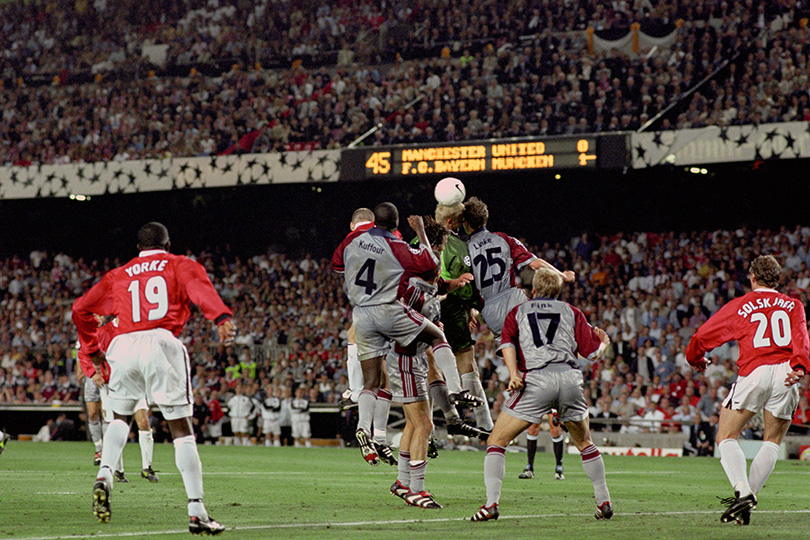
Peter Schmeichel, Manchester United 1999
“It’s a thing I'd always done when we were losing by a goal because I can’t see the big difference in losing 1-0 or 2-0. When someone of my size arrives in the penalty area, it confuses teams as they’re all marking someone already. This was my intention when I went in to the Bayern Munich area, hoping it would give us a chance.”
7. Have a philosophy
Joan Laporta, Barcelona president 2009
“When we took the decision to name Guardiola as coach, we were confident that it would go well, but we never imagined we would have the best season in the club’s history by being faithful to our own footballing proposal. With players from the youth team, which is hugely important for the club’s identity and its social standing. It’s a prize we’ve strived towards very hard.”
6. Know you’re going to win
Johan Cruyff, Ajax 1971
“We didn’t know that we were in the middle of what would be a run of five straight years with Dutch clubs in the European Cup final, or that Ajax would go on to achieve three straight victories. We just knew there was no way were we going to lose again [like in the 1969 final against Milan]. I’m not saying we were stocked with great players, we had attacking full-backs and after years of there always being a Spanish, Italian or British side in the final, Ajax wanted to show that getting the result and playing good football could live together.”
5. Don’t get flustered
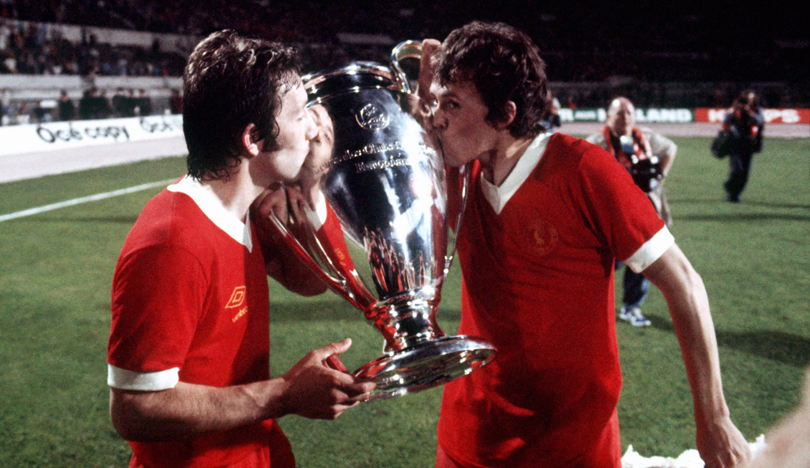
Phil Neal, Liverpool 1977, 1978, 1981, 1984
“I played in five European Cup finals between 1977 and 1985, and I think the key thing that all those teams had was a cool head, collectively. Back in those days, you had no idea what to expect from away trips into Europe, and it could be really crazy. It’s not like your every need was catered for you in advance, like it is for clubs now. I remember in Tbilisi, we had thousands of Dinamo fans outside our hotel, keeping us awake until four in the morning, making a terrible racket. But nobody used it as an excuse or moaned about it the next morning, we just got up and got on with what we needed to do.
“We had the same attitude on the pitch – no matter what got thrown at us, we just took it pretty calmly and played our own game. That attitude came from the top. Bob Paisley and Joe Fagan were men with their feet firmly planted on the ground and they instilled that into us, too. We kept our heads.”
4. If you’ve got a feeling, go with it
Bixente Lizarazu, Bayern Munich 2001
“My penalty against Valencia in 2001 put my fears to rest. After missing one against Italy [in the World Cup quarter-final in 1998] I decided I’d never take another. Even in training, I refused. Then for some reason I said I wanted to take one in the Champions League final. I just felt I’d score that day. When the ball hit the net it felt incredible and let me put the Italy miss behind me.”
3. Find a roundabout
Peter Shilton, Nottingham Forest 1980
“We went away for a week to Mallorca before the 1980 final. Imagine that. No curfews, nothing. I had done a bit of diving around on the beach but went on the lawn outside the hotel and had a few balls fired at me. I was chased off by the hotel porter! When we got to Madrid, [assistant manager] Peter Taylor told me we had a great training pitch, but it was too hard. ‘You haven’t looked hard enough,’ Cloughie told us. ‘We know a grassed area that’s perfect.’ I couldn’t believe what Taylor was pointing at: we were standing in front of a roundabout, near the city centre, and on it was a circle of grass. It was fairly quiet, but a few cars came past, beeping horns.”
2. Come together
Phil Neville, Manchester United 1999
“We had the most incredible team spirit – you’ve seen the celebrations at the end, the subs running down the side of the pitch. If you want to gauge team spirit, look at the bench. If everyone’s up after a goal, then you’ve got something special.”
1. Ignore reputations
Peter Withe, Aston Villa 1982
“If we had gone down the Bayern teamsheet and looked at them man-for-man we would probably have shit ourselves. So we didn’t. Ron Saunders was never one for compiling huge dossiers on the opposition, and although he left the club with us already in the quarter-finals, Tony Barton (his former assistant) didn’t see any need to either.
“The fact is that Bayern had 13 internationals in their side in 1982, including the likes of Karl-Heinz Rummenigge, Klaus Augenthaler and Paul Breitner. We had two. I suppose if you look at it that way then we had no chance of beating them, but we didn’t care about that. We went out on the field in Rotterdam before the game with our cameras and started waving at the wives, girlfriends and friends in the stands that had travelled over.
“Bayern probably thought we were nothing more than tourists. When the final whistle blew and it was all over I’ve never seen a set of players so devastated. I went over to shake Breitner’s hand and he was just sitting on the pitch nodding his head. Rummenigge was the only one who really seemed to accept what had happened. The German press couldn’t believe it. Mind you, I’m not sure the English press could either.”
This feature originally appeared in the October 2013 issue of FourFourTwo. Subscribe!
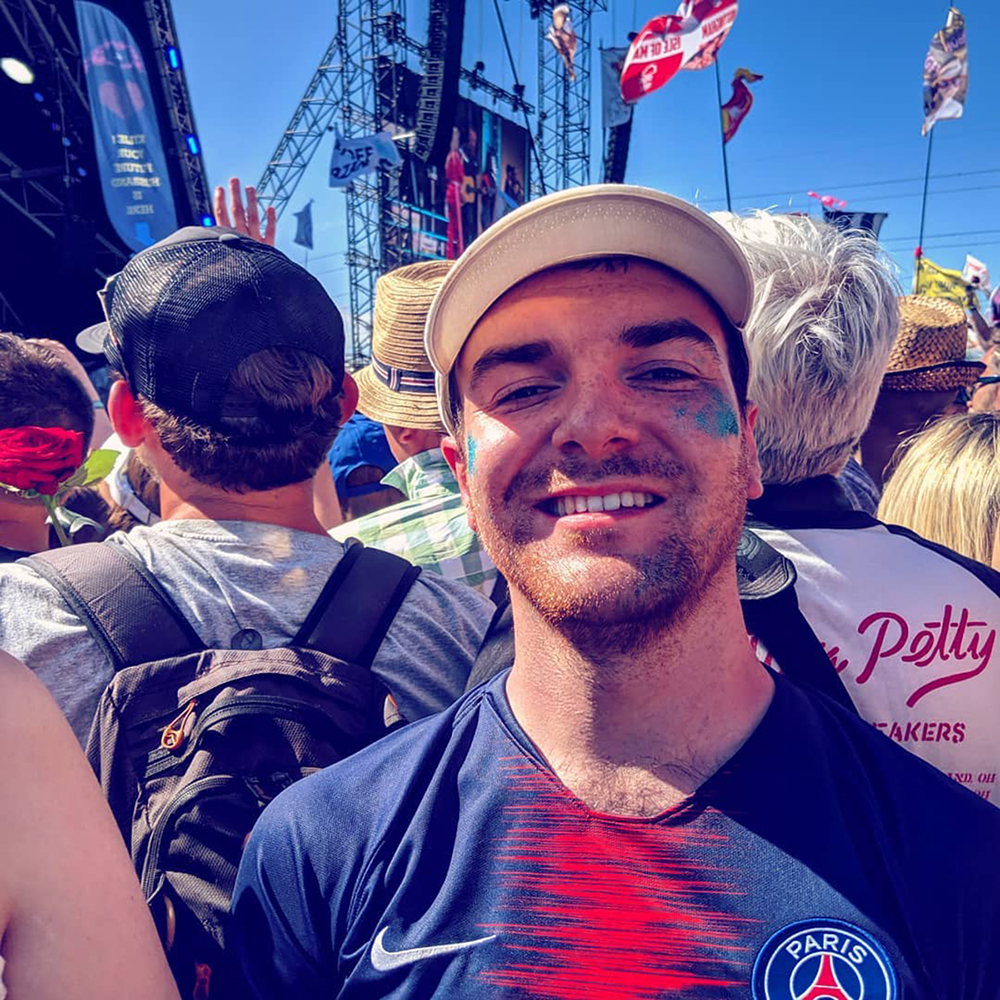
Mark White has been at on FourFourTwo since joining in January 2020, first as a staff writer before becoming content editor in 2023. An encyclopedia of football shirts and boots knowledge – both past and present – Mark has also represented FFT at both FA Cup and League Cup finals (though didn't receive a winners' medal on either occasion) and has written pieces for the mag ranging on subjects from Bobby Robson's season at Barcelona to Robinho's career. He has written cover features for the mag on Mikel Arteta and Martin Odegaard, and is assisted by his cat, Rosie, who has interned for the brand since lockdown.

